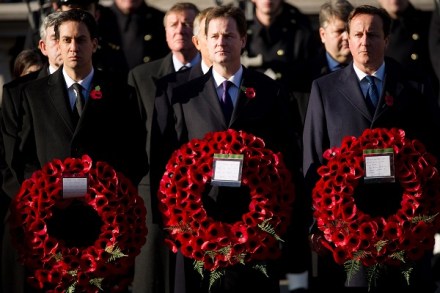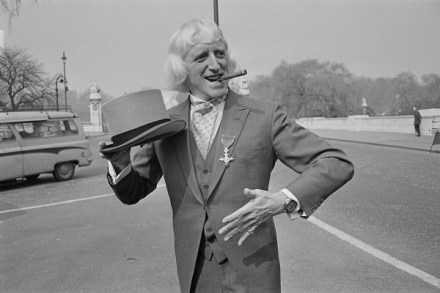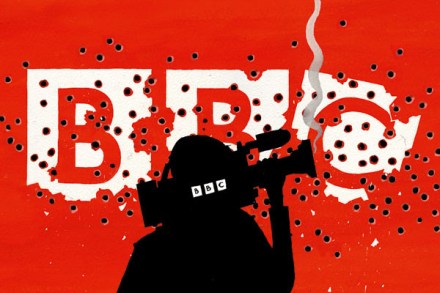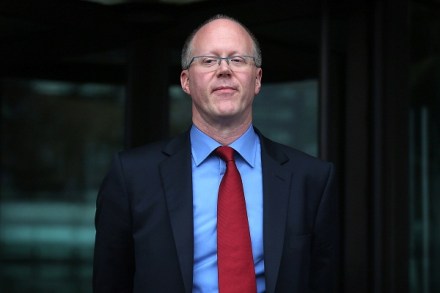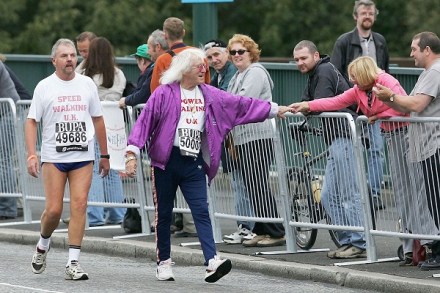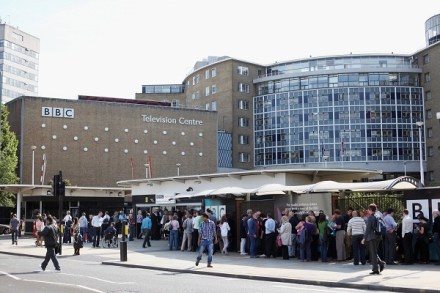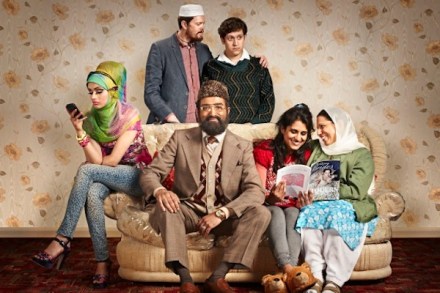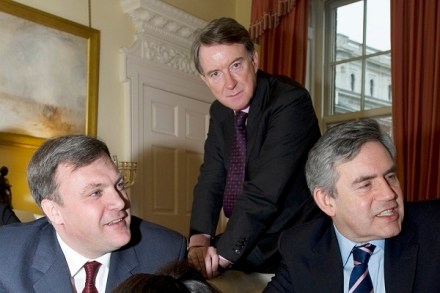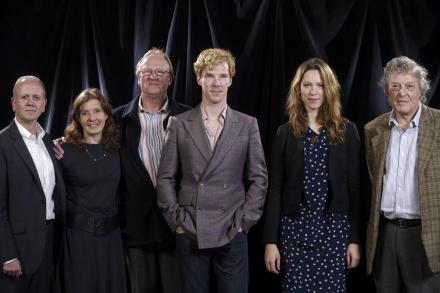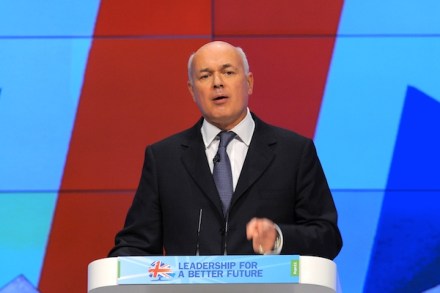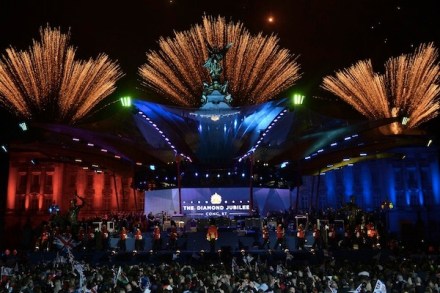The politics of poppies
The politics of poppy-wearing shift slightly each year. The unofficial rule used to be that poppy-wearing began at the start of November. In recent years this has crept forward further and further into October, largely, I think, because of politicians and the BBC. The BBC lives in terror of someone appearing on one of its programmes without a poppy and thus sparking a round of ‘BBC presenter in poppy snub’ stories in the papers. If you appear on the BBC during this period you will find people on hand to pin a poppy on anyone not already sporting one. To my mind this slightly misses the charitable, not to mention
